Transitioning Conventional Banks to Islamic Finance: Lessons, Challenges, and the Road to Ethical Banking
The global banking system is undergoing a historic transformation — one that prioritizes ethics, transparency, and social responsibility. At the center of this shift stands Islamic finance, a rapidly growing model that aligns financial services with moral and sustainable principles.
According to Dr. Mohamed Amgad Mousa’s comprehensive study, “Transitioning Conventional Banks to Islamic Finance: Global Lessons and Strategic Frameworks,” the transition from traditional banking to Islamic finance is no longer theoretical — it’s already happening worldwide, from Malaysia to the UAE and beyond.
Understanding Islamic Finance and Its Core Principles
What Makes Islamic Finance Different from Conventional Banking
Islamic finance operates under Shariah law, which forbids interest (riba), speculation (gharar), and unethical investments. Instead, it promotes risk-sharing, transparency, and tangible asset-backed transactions.
Unlike conventional banking, where money is often treated as a commodity, Islamic finance views it as a medium of exchange that must be tied to real economic activity.
The Ethical Foundation: Riba, Gharar, and Social Justice
The ban on riba (interest) prevents exploitative lending. Gharar (uncertainty) restrictions ensure clarity and fairness in contracts. Beyond compliance, Islamic finance is deeply rooted in social justice, emphasizing community welfare and equitable wealth distribution.
As Dr. Mousa highlights, these principles make Islamic finance “a human-centered alternative to profit-maximizing models” — bridging faith, fairness, and financial performance.
Why Transitioning to Islamic Finance Matters
The Global Rise of Shariah-Compliant Banking
Islamic finance assets surpassed $3 trillion globally in 2024, and the sector continues to grow at 8–10% annually. Nations across the GCC, Southeast Asia, and Africa are modernizing regulatory frameworks to accommodate Islamic banking demand.
This growth reflects a shift in consumer expectations — where transparency, fairness, and ethical investment take precedence.
Responding to Consumer Demand for Ethical Finance
The post-2008 financial crisis and the rise of ESG (Environmental, Social, and Governance) investing have led many consumers to lose trust in interest-based systems. Islamic finance provides a values-driven alternative, attracting both Muslims and non-Muslims seeking ethical, inclusive banking.
Aligning with ESG and Sustainable Development Goals (SDGs)
Islamic finance naturally aligns with UN SDGs by promoting financial inclusion, poverty reduction, and environmental sustainability. Instruments like Green Sukuk have become global benchmarks for sustainable Islamic finance.
Global Lessons from Successful Conversions
Case Study: Malaysia’s Full-Fledged Islamic Banking Ecosystem
Malaysia’s successful dual banking system is the gold standard for transitioning economies. Through strong regulation, tax incentives, and Shariah-compliant innovation, it has achieved over 40% Islamic banking penetration without disrupting financial stability.
Insights from the GCC: Bahrain, Saudi Arabia, and UAE Models
The GCC nations, particularly Bahrain and the UAE, have established strong Islamic finance ecosystems. Bahrain’s Centralized Shariah Board ensures consistent governance, while the UAE promotes innovation through FinTech integration and Sukuk markets.
What Western Economies Can Learn from Islamic Finance
Western markets like the UK and Luxembourg have embraced Sukuk issuance and Islamic banking frameworks. Their experiences highlight that Islamic finance is not religion-exclusive — it’s value-based, appealing to a global investor base seeking ethical, asset-backed instruments.
Challenges in Converting Conventional Banks
Regulatory and Legal Complexities
Transitioning requires major structural reforms — from central bank regulations to legal definitions of financial products. Dual licensing models can ease this process but demand strong regulatory oversight.
Shariah Governance and Compliance Costs
Each Islamic bank must operate under a Shariah Supervisory Board (SSB) to ensure compliance. Establishing these governance structures can initially increase costs but ensures long-term credibility and market trust.
Talent, Awareness, and Institutional Resistance
Dr. Mousa notes that the transition often faces internal resistance due to lack of expertise and cultural inertia. Building specialized human capital through training and education is critical for sustainable transformation.
Dr. Mohamed Amgad Mousa’s Strategic Framework for Transition
Dr. Mousa proposes a five-step roadmap for successfully transitioning from conventional to Islamic banking — a model that balances speed, sustainability, and Shariah compliance.
Step 1: Diagnostic Assessment and Feasibility Study
Evaluate the institution’s financial structure, customer base, and regulatory environment to determine readiness.
Step 2: Establishing Dual Banking Models
Begin by offering Islamic windows — parallel product lines that allow gradual market adaptation.
Step 3: Building Shariah-Compliant Products and Services
Develop profit-sharing instruments such as Murabaha, Mudarabah, and Ijara, ensuring clear risk-sharing and transparency.
Step 4: Developing Governance, Risk, and Compliance Systems
Implement Shariah-compliant audit, risk, and reporting frameworks to ensure integrity across operations.
Step 5: Gradual Integration and Public Communication
Transition fully once internal capacity and customer trust reach maturity — emphasizing transparency and community impact at every step.
Policy and Regulatory Recommendations
Creating Harmonized Islamic Finance Regulations
Unified regulatory frameworks reduce complexity and facilitate cross-border transactions — vital for global expansion.
Encouraging Public–Private Collaboration
Governments can accelerate transformation through incentives, innovation hubs, and partnerships with Islamic development banks.
Supporting Education and Talent Development
Investment in Islamic finance education ensures a pipeline of skilled professionals — from bankers to auditors and Shariah scholars.
The Future of Islamic Banking: Digitalization and Sustainability
FinTech Integration and Digital Shariah Platforms
Islamic FinTech is reshaping customer experience through digital Sukuk, AI-powered compliance, and blockchain-based transparency.
Green Sukuk and ESG-Aligned Islamic Products
Combining Islamic finance with sustainability creates a powerful synergy — promoting climate-friendly, faith-driven investment.
AI, Blockchain, and Smart Contracts in Islamic Finance
AI can optimize Shariah audits, while blockchain can ensure traceability and fairness — aligning technology with faith-based accountability.
Conclusion: The Path to Ethical, Sustainable, and Inclusive Finance
The transition from conventional to Islamic banking is not just a financial shift — it’s a moral and cultural evolution.
As Dr. Mohamed Amgad Mousa’s research shows, Islamic finance is the bridge between profit and purpose, offering a model where fairness, sustainability, and inclusion define success.
In a world seeking ethical alternatives, the transition to Islamic finance is not optional — it’s inevitable.
- Date: October 13, 2025
- Categories: Links
- Download PDF PDF
